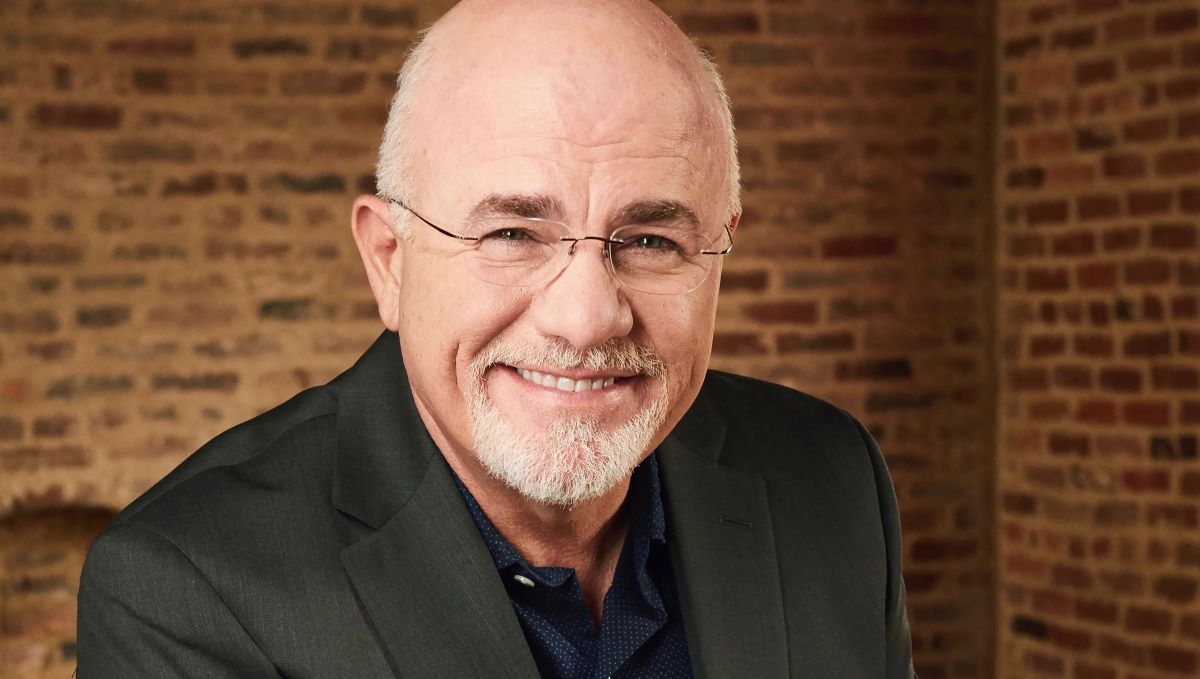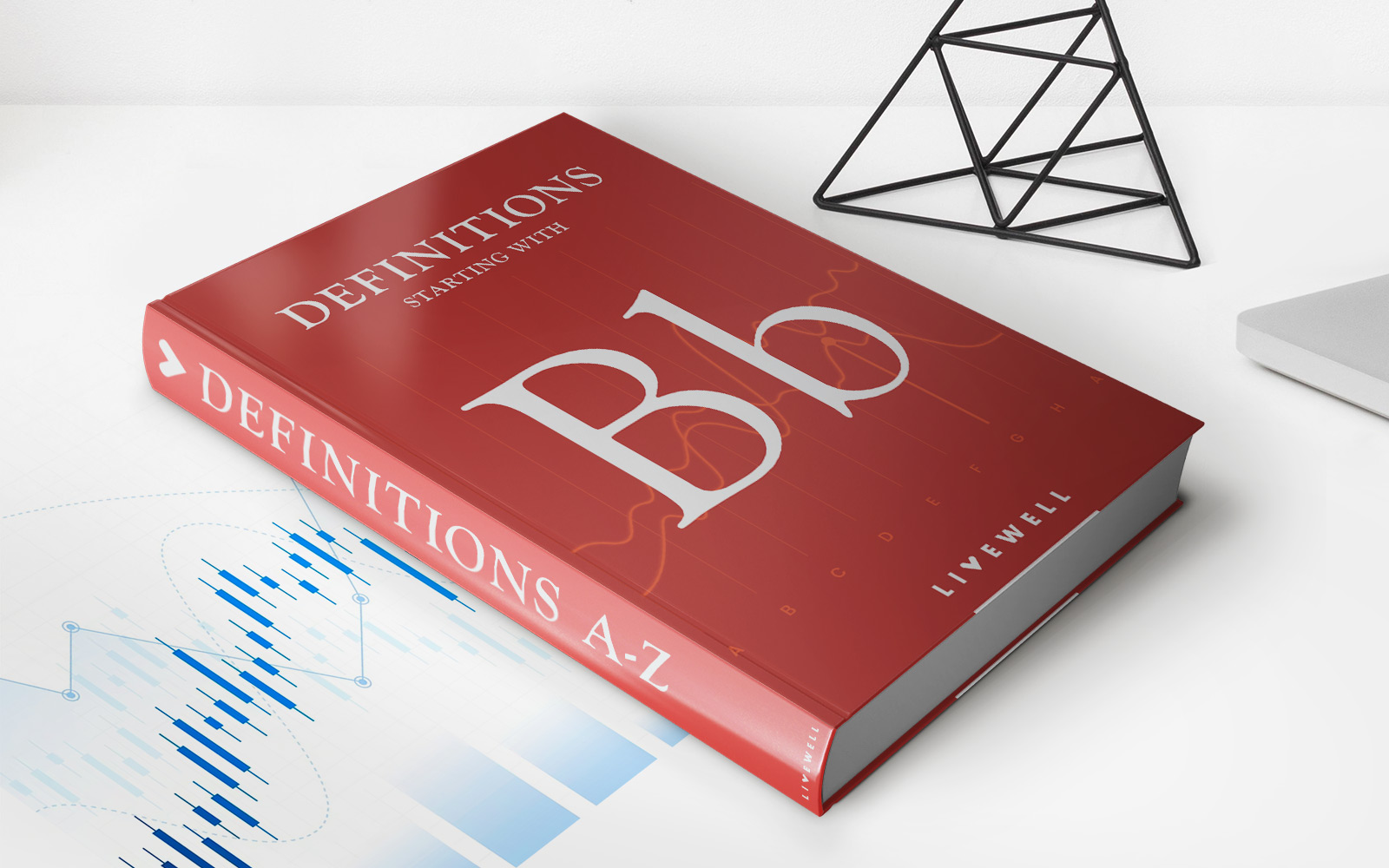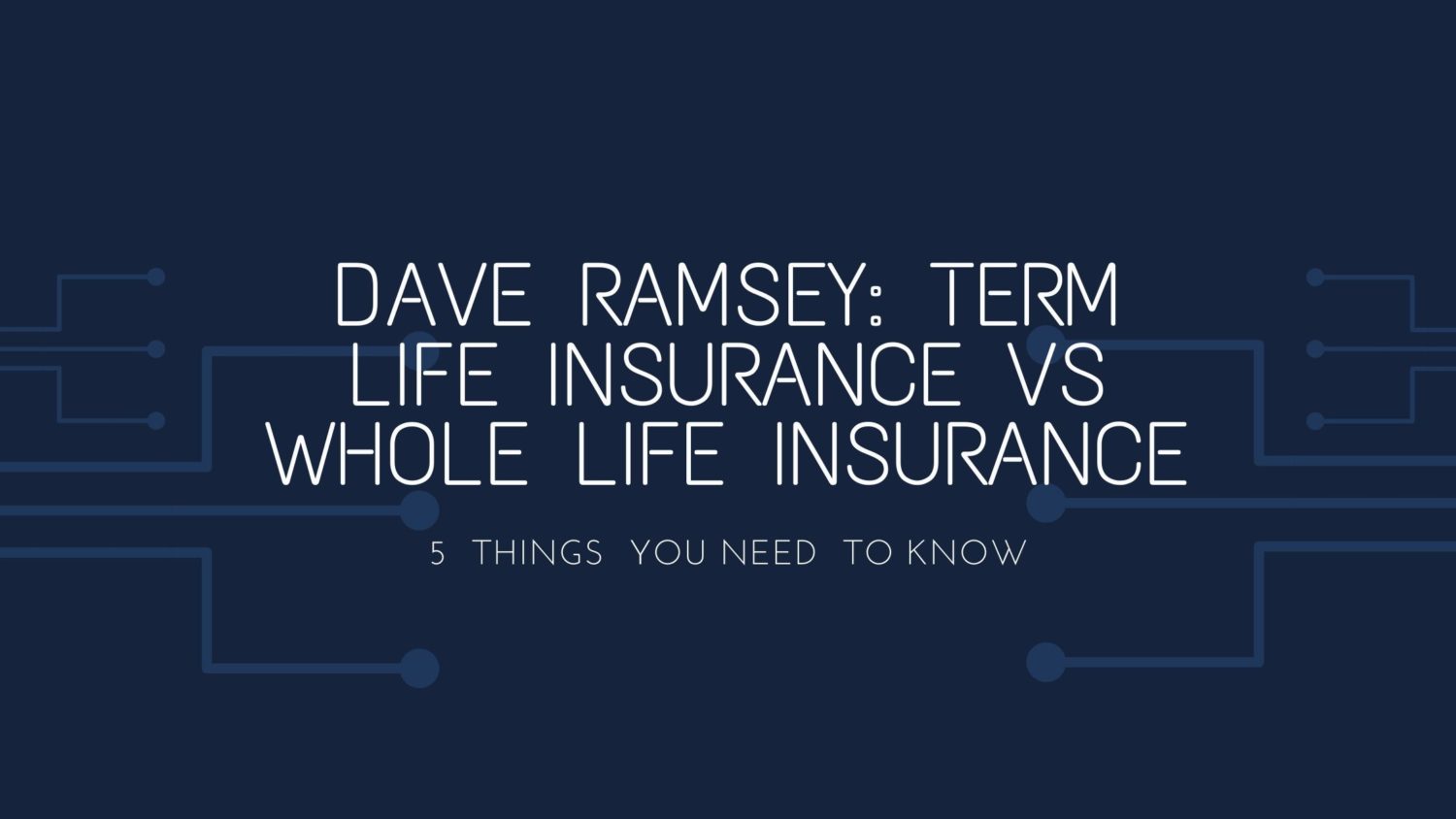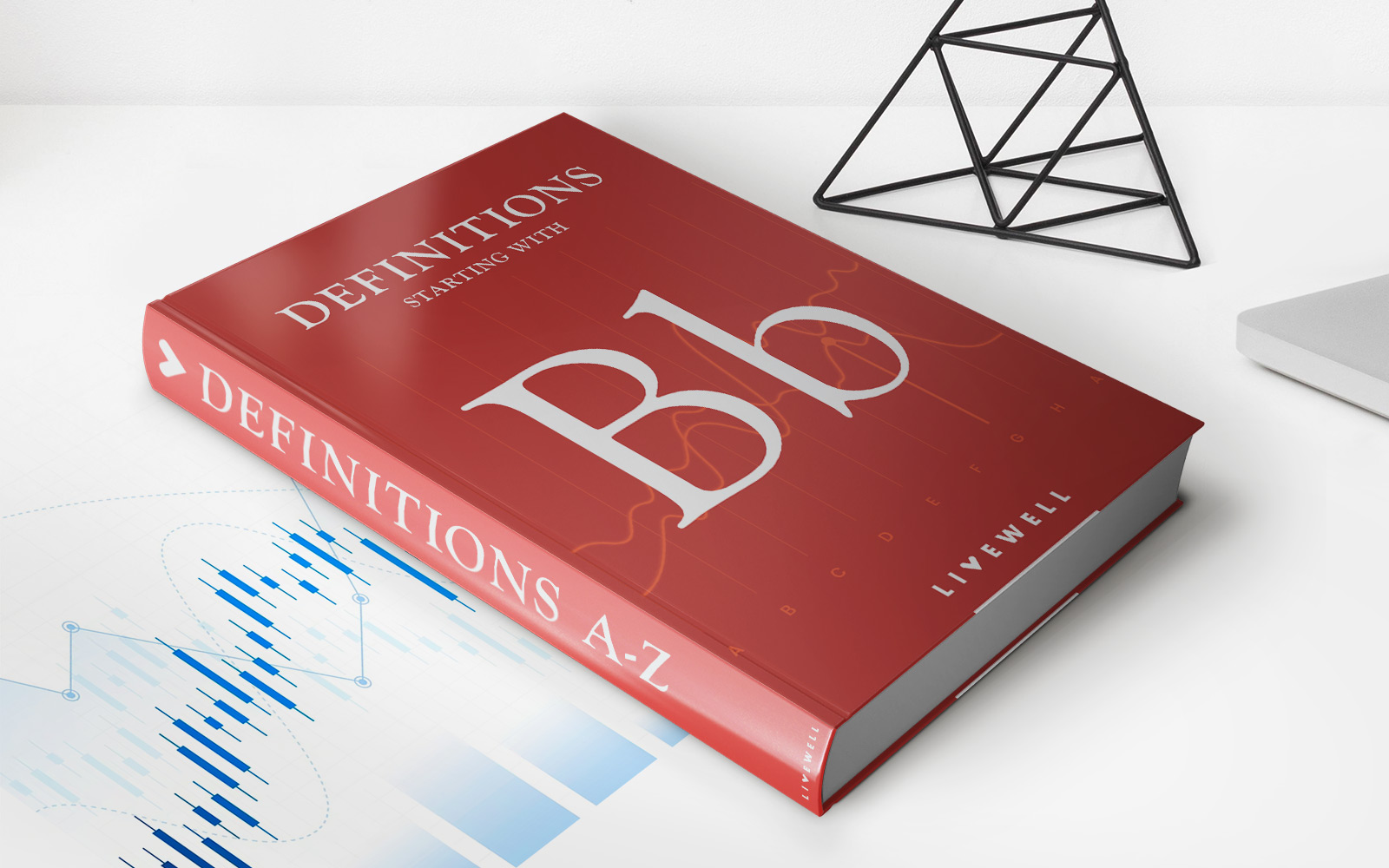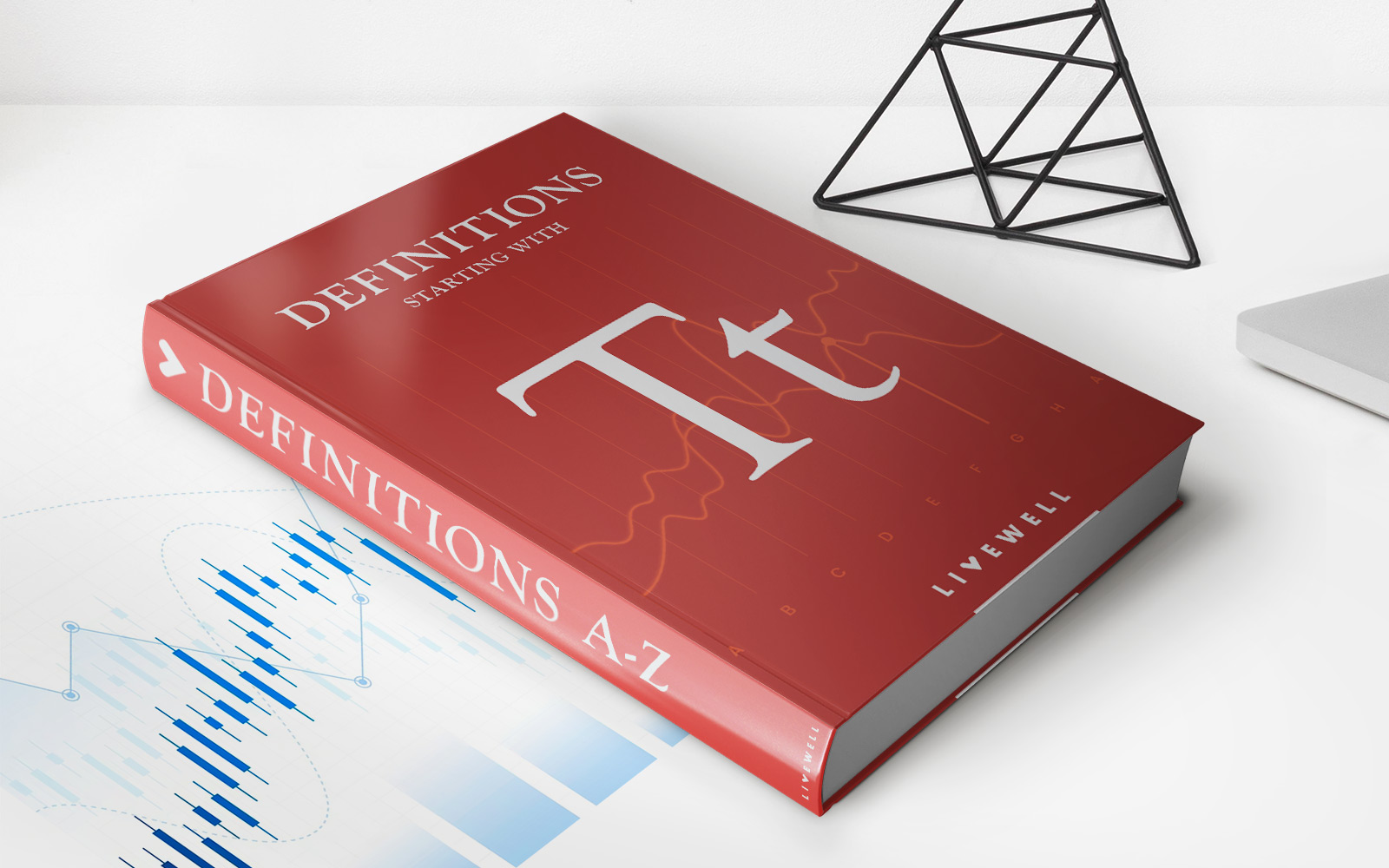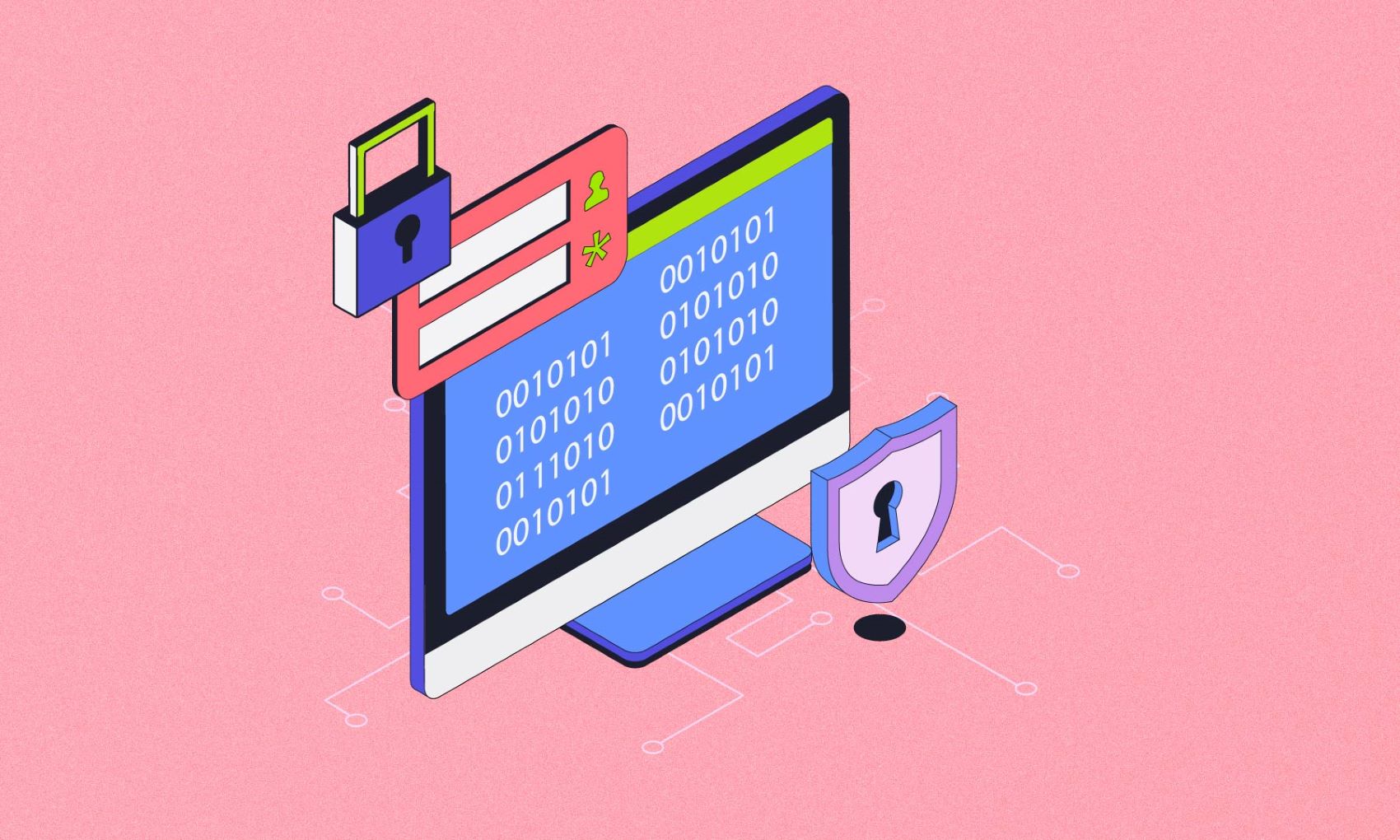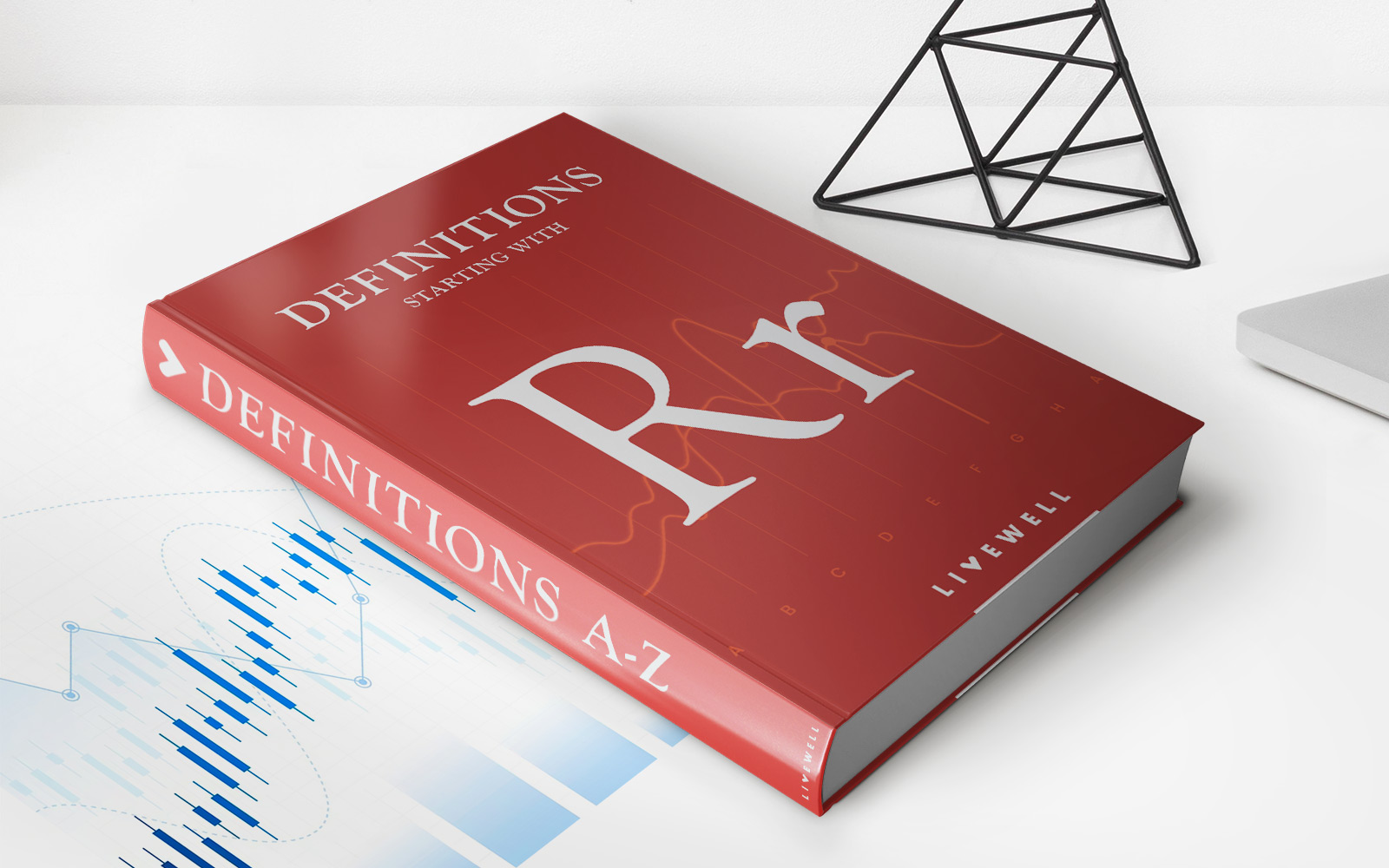Home>Finance>The Dave Ramsey Baby Steps: A Road To Financial Freedom
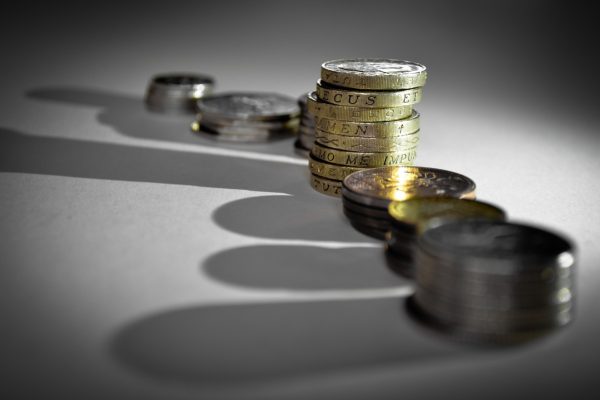
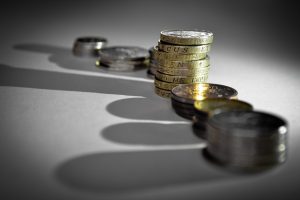
Finance
The Dave Ramsey Baby Steps: A Road To Financial Freedom
Modified: September 6, 2023
Discover Dave Ramsey's Baby Steps, a debt elimination strategy introduced by financial expert Dave Ramsey to seamlessly achieving financial freedom.
(Many of the links in this article redirect to a specific reviewed product. Your purchase of these products through affiliate links helps to generate commission for LiveWell, at no extra cost. Learn more)
If you’ve never heard of the Dave Ramsey Baby Steps, it’s one popular way of achieving financial freedom. Financial freedom is to have enough money to afford one’s lifestyle without relying on a monthly paycheck. It is being able to splurge on the things that we want without having to borrow from the bank. It seems like a good life to live.
But not everyone seems to achieve financial freedom. Most people only have a paycheck budget. When an emergency happens, say a car breaks down, or someone in the family gets sick, there’s no money cushion to use. When this happens to us, and we weren’t able to save up for it, we resort to debt. And getting debt results in getting into more debt, and committing more financial mistakes.
Who Is Dave Ramsey?
Dave Ramsey, before he was a personal money-management expert, was a real estate investor at age 26. Four years later, even with an impressive real estate portfolio of $4 million, he went into bankruptcy. He worked his way back, developing the Baby Steps System, and became a national best-selling author on money management. His book, entitled The Total Money Makeover, contains the Baby Steps System that we are discussing. You can buy the book here.
What Are Dave Ramsey’s Baby Steps?
The Dave Ramsey Baby Steps is one way of eliminating debt and managing your money. They are called baby steps as you make small little changes in your financial life. Dave Ramsey includes clear and doable actions that anyone can make. Let’s look at each step and how you can do them.
Baby Step # 1 – Save $1000 As An Emergency Fund
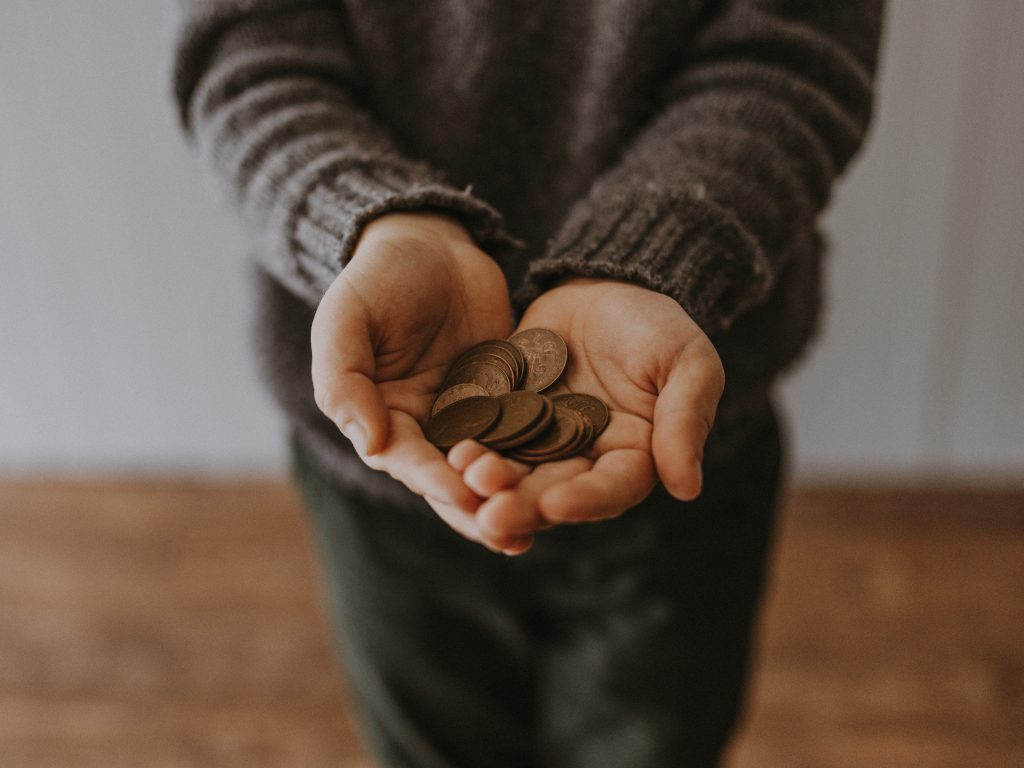
Photo by Annie Spratt on Unsplash
Not having an emergency fund is an emergency itself, as Dave Ramsey would say. A thousand dollars may not be much, but it is a good start.
An emergency fund is a readily available source of funds to help one navigate a loss of a job, a car breakdown, or a sickness. It should be a liquid asset that you can access at any time.
In this step, it requires you to defer all investments. You may need to cancel vacation plans, turn down coffee date invites, and avoid fancy dinners. You can always resume those once you have achieved financial freedom. But until it happens, you need to make sacrifices.
Having a budget becomes key here. It lets you know when you’re living above your means. Two of the most popular ways of budgeting are zero-based budgeting system and the 50/30/20 rule.
ZERO BASED BUDGETING
The ZBB requires you to list down all your income and subtracting all your expenses, including seasonal expenses, up to the last cent. Every paycheck, track and assign all your money to every expense or savings category. This way, you know where each dollar is going.
50/30/20 RULE
The 50/30/20 rule is another way of a budgeting system where you divide your income by percentage and assigning them to essential, financial, and entertainment expenditures. To know more about this budgeting system, we’ve written an article about the 50/30/20 rule if you’d like to know more.
Baby Step # 2 – Pay Off That Debt
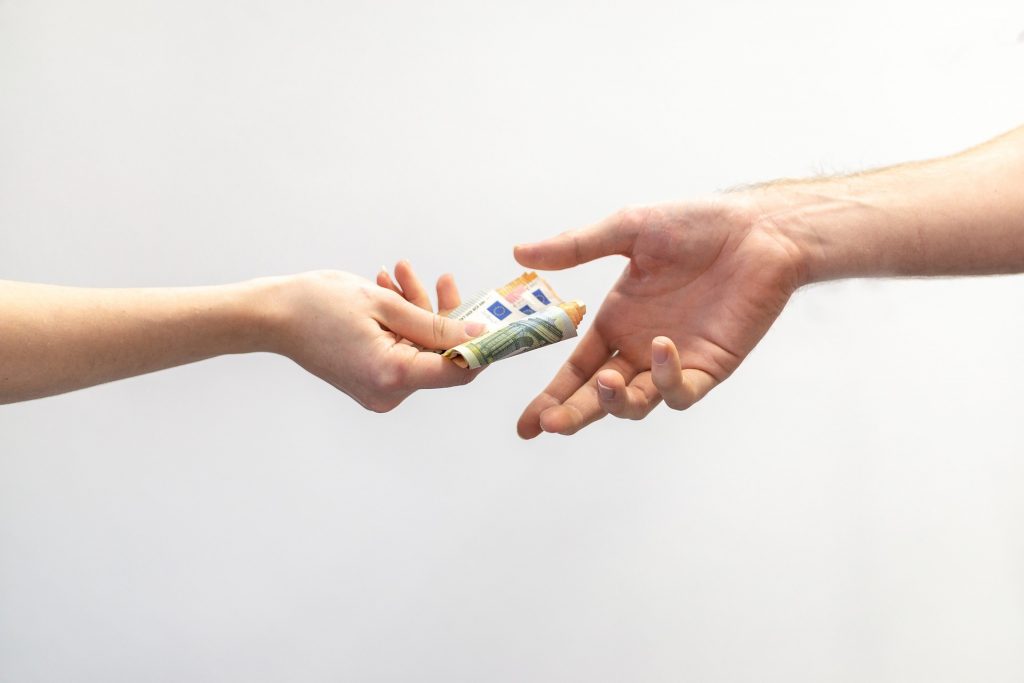
Photo by Markus Schwedt from Pixabay
The next step is to pay off all debt (except for your house).
Now that you have your emergency savings funded, one thing to remember is to not take on any new debt. You also may want to find part-time jobs, or a second job to earn more money and finish this step fast.
Since many people don’t just have one debt from one creditor, one common question is: which loans to pay off first? Dave Ramsey introduces the concept of the debt snowball. But there’s also another debt elimination system that’s widely popular and it’s called the debt avalanche. Both are an effective way of eliminating debt, so we’re discussing each.
DEBT SNOWBALL
In the debt snowball, you list all your debt accounts from the smallest to the largest amount paying the smallest first. Dave Ramsey advises that you become gazelle intense on the smallest debt, putting all your money in that debt while paying the minimum amount of interest on other debts. You then continue to pay the smallest amount until you can pay off all of them.
The debt snowball is an effective strategy as you can quickly see how you’re progressing in paying off debt. Removing the smallest amount would seem like an easy task to do rather than trying to pay all of them at once.
DEBT AVALANCHE
Think of debt avalanche as debt snowball in reverse. Rather than paying the debt by amount, you first pay the debt with the highest interest. For some people, this is more rewarding. Just by paying off the first debt with the highest interest, you can save more dollars than you can allot to other debt.
Both techniques are effective and when it comes down to it, it depends on which one works better for you personally.
Baby Step # 3 – Save 3 To 6 Months Worth Of Expenses
When you lose your job, you will have 3-6 months of savings to tap into until you find a new one. It’s important to note here though that many people confuse the wrong expenses as an emergency.
Take note that a huge store sale is not an emergency. Even a car breakdown may not count as an emergency as you know that a car will break down at some point. When in doubt, it’s good to ask whether it is urgent or necessary? Another good question is, should you have planned for it? Birthdays, Christmas, and other holidays belong in this category.
Baby Step # 4 – Invest 15% Of Monthly Income For Retirement
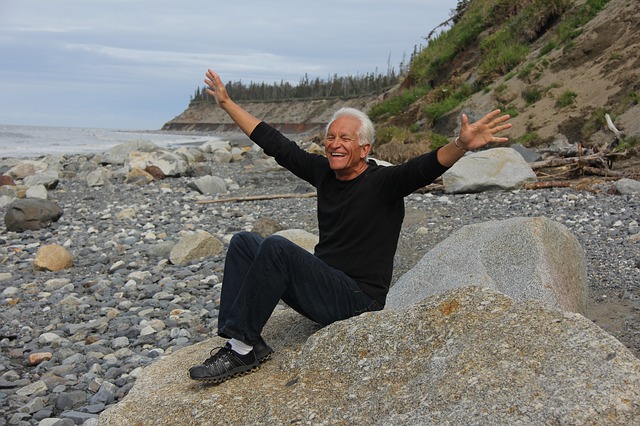
Photo from Wikimedia Commons
When you’re just off to college or have been working for some years, you may think it’s too early to think of retirement. However, no matter your age, it’s always safer to think and plan for the future.
Take out 15% of your gross monthly income and start investing in your company’s 401(k) plan. Aside from a 401(k), you can also invest in an individual plan like a Roth IRA. Many people have questions about whether they should invest in 401k rather than an IRA, or vice versa.
If you don’t know which one you should get, here is an article on the difference between an IRA and 401k that should help clear any questions you might have. We compared IRA vs 401k in this article if you want to know their difference and which one you should get.
Baby Step # 5 – Save On Your Kid’s College Fund

Photo by Charles DeLoye on Unsplash
If you have kids, you should also have enough funds to use once they get into college. The national student debt in America is now over 1.5 trillion, a staggering number considering that college is something that parents should have planned for. A 529 college savings plan is something to consider.
Baby Step # 6 – Pay Off That Mortgage

Photo by Breno Assis on Unsplash
So you’ve paid all your debt except for your home. A mortgage payment is a large amount which is why it will take 20 or even 30 years to pay it off. Now the goal is not just to pay your monthly mortgage, but to put all your extra money on it (except your emergency savings!) so you pay it fast.
There are two ways you can do it. By refinancing to a fixed-rate 15-year mortgage or by doubling your monthly payments. When you do just that, you can shorten the years you have to pay for the mortgage and even save on interest rates. Imagine how much easier the years ahead will be without debt.
Baby Step #7 – Build Wealth And Share
By now, you can consider yourself financially free! Congratulations!
But there’s one last step you need to take. You may not have a debt to think about, and have enough savings, maxed out your retirement savings plans. It’s time to continue investing if you have deferred that when you start on the money makeover journey.
When you invest, you are maximizing the funds you have, enabling you the luxury of giving to your family, to other people, and even charities.
The Dave Ramsey Baby Steps: The Takeaway
No matter your age, or how large your debt might be, it’s never too late to start. Now that you know each of Dave Ramsey’s Baby Steps, and how to make them work for you, you can achieve financial freedom. It only takes a little effort and sacrifice. So why not start now?



